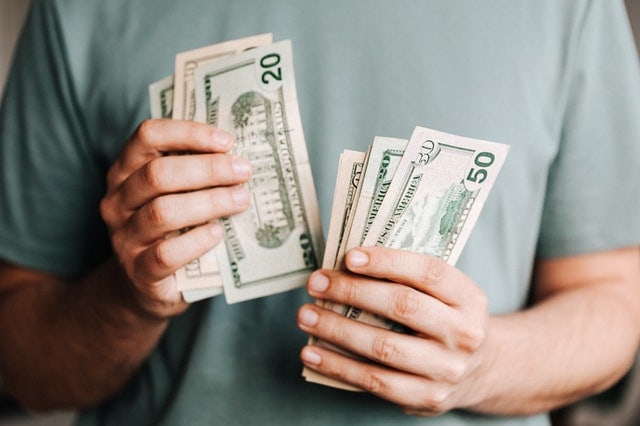The stimulus checks the Biden administration sent Americans were meant to help people catch up on bills and help the economy recover from the COVID-19 pandemic. However, for many people in recovery, it was a trigger for relapse. For people in recovery housing, it’s a critical time for support.
Preventing Stimulus Relapse in Sober Housing
In Huntington, West Virginia, a sober housing provider says that he’s seen many clients decide to relapse. “With the stimulus hitting, we’ve had several people leave our program thinking ‘we got 1,400 dollars now, we can make it,'” he told WCHS. “What they don’t understand is, every addict has a relapse in them, but not every addict will have another chance of recovery with the overdoses.”
Justin Withrow, the anchor project director, saw two people leave the program in one week.
People in sober housing are typically there because they really want to stay sober but don’t have the tools to do so in their current living arrangement. For example, sober living homes within the Anchor Project require that clients be clean for 30 days and participate in other project activities to stay sober.
Overdoses Happen More Often In Relapse
Many people in recovery enter treatment programs with little money, so a sudden boost in income can be a huge trigger. The stimulus can be dangerous for somebody who has no money in the bank. Many people listen to the voice in their head rationalizing a relapse. Unfortunately, because their body is not used to using the drug – typically opioids – causes a relapse.
“Their tolerance to their drug is extremely low at this point, and then whenever they leave this program, and they go out and usually they pick up at the same amount that they left off, and those people’s risk of a fatal overdose is extremely higher than people who are using every day,” Withrow said. Three people in his program have fatally overdosed in the past two months, so he wants people to know relapse is life or death.
There are better things to do with that money, too, for people in recovery.
Using the Stimulus to Invest in Recovery
To inspire clients to continue their journey in recovery, Anchor Project staff says they have been hosting emergency meetings all week encouraging “investment in recovery.” Doing the work needed to get better, such as step work or 12-step meetings, is essential. But a little money can also make a world of difference.
Many people in recovery owe money to creditors, courts, and other institutions due to their addiction. These debts often hang over their head until they are ready to pay them. Paying off court fees, fines, and other looming issues can be cathartic. It’s a great use of a stimulus check,
It’s also vital for people in recovery to reach out to each other and go to meetings in-person or online with others. Meetings help people stay connected to each other and focus on staying clean and sober one day at a time.
And, of course, if you relapse you don’t need to be ashamed. Help is available, and you should get it as soon as possible. Just reach out to somebody at a meeting or call the number at the top of this page to find a program for you.



Leave A Comment